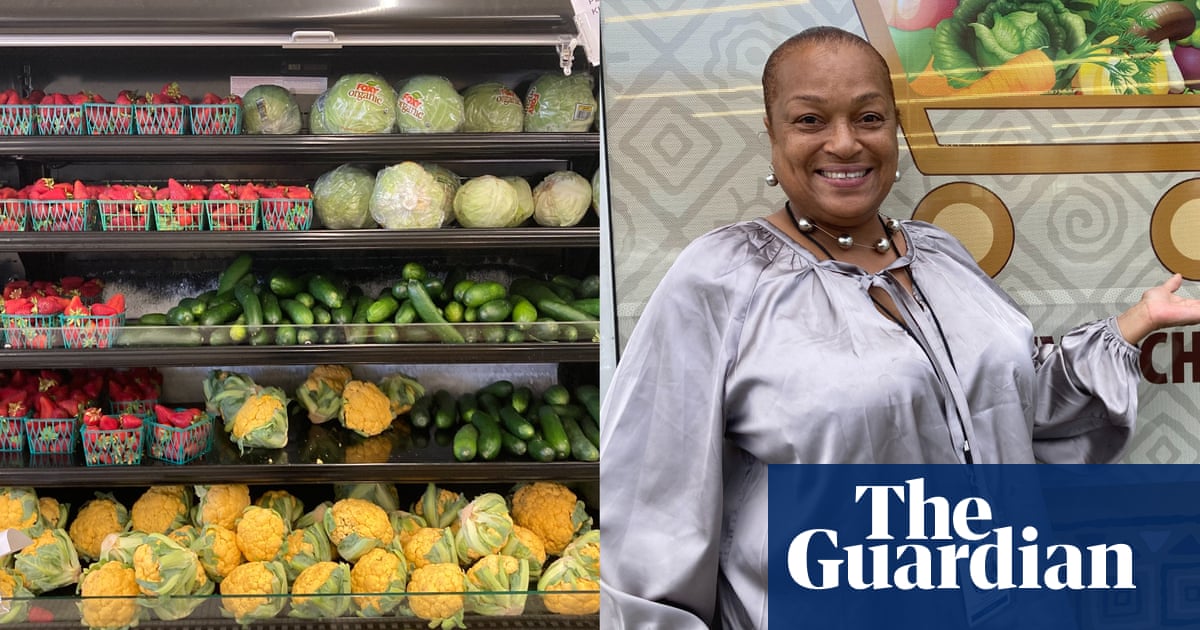I’d be interested in the operating costs and long term funding and business case. Just to ensure the long term protection of it.
This is the thing that will make their costs much higher than they could be:
The market freezes their meats so they last longer, buys bananas at their greenest and takes the tops off beets and celery to extend their freshness. Scraps are used to feed the chickens and sheep of a volunteer, so nothing goes to waste.
I think that this is an admirable goal, but if they instead got things like the meat that hadn’t expired yet but wasn’t fresh enough for the supermarkets to want to sell, they’d save a lot more money. Those can be frozen just as well as fresher meat and the meat itself will go to waste.
That probably isn’t a good bet with a lot of produce (although some of that would work too), but for meat it definitely would be a good idea and it doesn’t sound like they’re doing that or it would have gotten a mention.
Leave it to Maggie Shugerman to give you something sweet to read about in the news, what a badass.
Shugerman sourced the produce from a farm in Watsonville, 100 miles south of San Francisco, where she’d worked previously and noticed a pile “10ft high” of produce they couldn’t sell at farmers’ markets or didn’t have the time to harvest. She connected the socially minded family with the market, and now, once every couple of weeks, the farmers offload that produce here – to the delight of 500 clients.
This is the way. The richest country in recorded history can afford to feed people. Any argument saying otherwise is flat out wrong.
But the food prices might go down a little and then CEO of megafarms Inc. Can’t buy his seventh yacht?




